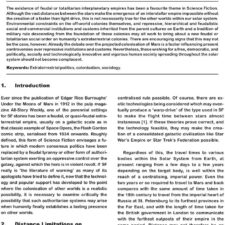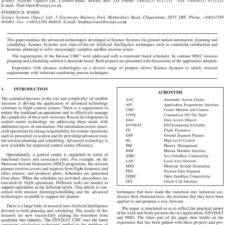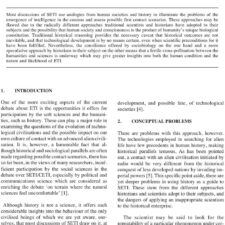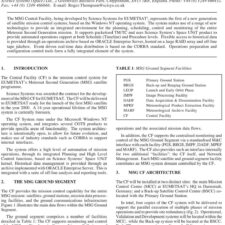Project Icarus – Flying Closer to Another Star – A Technical Update and Progress Review
£5.00
R. Swinney; K. F. Long; P. Galea (2011), JBIS, 64, 17-23
Refcode: 2011.64.17
Abstract:
Project Deadalus was a ground-breaking theoretical engineering study to design an interstellar probe undertaken in the 1970s. The study was carried out by a volunteer group of members of the British Interplanetary Society (BIS) and their final design was a two-stage vehicle that used inertial confinement fusion engines to reach its selected destination, Barnard�s star. Over three decades have now passed and the opportunity has been taken to revisit this unique design study. Project Icarus is a Tau Zero Foundation initiative in collaboration with the BIS and sets out to design a successor interstellar spacecraft, using current or near future technology and with other similar terms of reference to Project Daedalus. The aim of the study is to evolve an improved engineering design and move us closer to achieving interstellar exploration by producing a credible design and mission profile, along with the key technological development steps and other aspects as considered appropriate. Project Icarus was launched in September 2009 at a BIS symposium in London and, as the Project is still on-going, this paper presents the latest technical details and an overview of the programme. This paper is a submission of Project Icarus Study Group.





